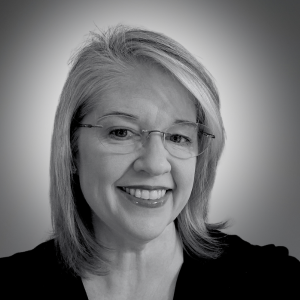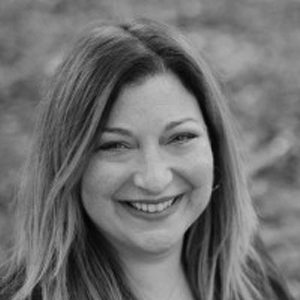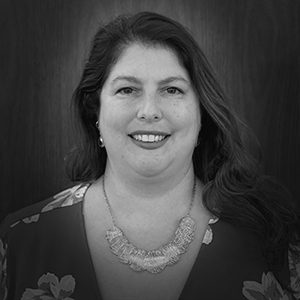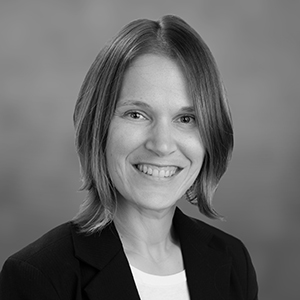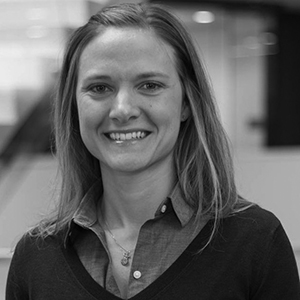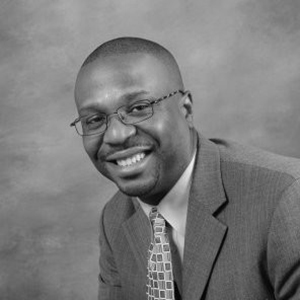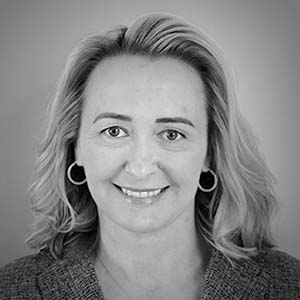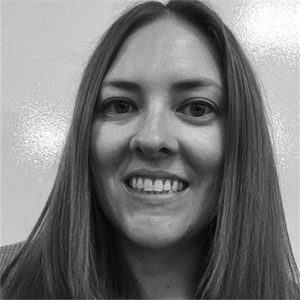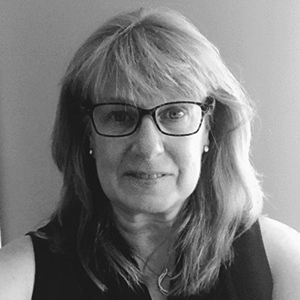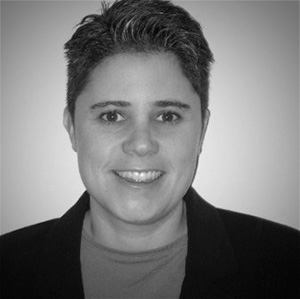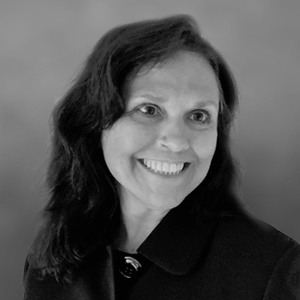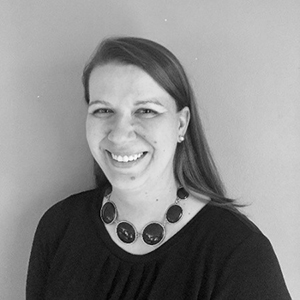Story: Alex Haederle | Production: Melissa Blum
Lead Portfolio Area Manager Dr. David Karaolis met with us over Microsoft Teams to talk about his career journey in science and the biopharmaceutical field, leading vaccine and drug development, how COVID-19 has affected his team and work, and leadership lessons he’s learned along the way.
Meet David
He’s a Lead Portfolio Area Manager with Ripple Effect, supporting the US Army’s Military Infectious Disease Research Program (MIDRP) and leading its portfolio management and operations team in vaccine and drug development. He’s a scientist, entrepreneur, and leader who has applied every aspect of his experience to what he does today. In the interview below, edited for clarity, David talks about his path in science, disease prevention and treatment, starting his own biotech company, COVID-19, and the value of experimentation and leadership in building confidence.
RIPPLE EFFECT: Hi, David, thanks for meeting with us today. Tell us a bit about yourself—where did you grow up, and what did you study?
DAVID KARAOLIS: Great to talk with you. I grew up in Sydney, Australia and, as a high schooler, I really enjoyed economics and biology. I thought I’d be in the financial and the business world, so I applied to a bank. After a short period of time, though, I changed that and went into science. I got my PhD from the University of Sydney in Microbiology. After that, I came to the US and did a post-doc for the Center of Vaccine Development at the University of Maryland’s School of Medicine.
Why did you make that change? And what was your path afterwards?
You’ve got to have something that drives you—something you jump out of bed and you’re excited about. I was always interested in a variety of diseases, and especially coming up with vaccines and drugs, so I felt somewhat of a calling. At the UMD School of Medicine, we designed and tested vaccines and the school also had the ability to perform clinical trials. I moved up to an Assistant Professor of Medicine there, had my own lab, received independent NIH funding, and won a Burroughs Wellcome Fund Career Award in Biomedical Science.
During that time, I discovered a molecule in bacteria that I hypothesized could be used to treat or prevent diseases (an immunomodulatory molecule), and I applied for and received patents for its use. The University assigned the patents to me, and shortly after—2006—I left to start my own biotech company, Karagen Pharmaceuticals, and also concurrently took a position with the Science Applications International Corporation (SAIC). After, I took a position with Battelle, who manages the National Biodefense Analysis and Countermeasures Center (NBACC), leading the microbiology operations area.
Wow! So you started your own business, and also worked a full-time job at Battelle?
I did. For the next decade, I had two, independent work lives: one at Battelle, as a senior principal investigator, working with a great team and overseeing bacterial diagnostics and the R&D and programmatic operations of bacterial disease countermeasures characterization; and the other, my own company developing novel immunoprophylactics and therapeutics against infectious diseases and cancer. My role at my own company required establishing targeted and strategic alliances with companies, government organizations, and academia to move the candidate along the preclinical product development milestone pipeline, negotiating potential licensing agreements, and ultimately licensing the technology to pharma.
What did you learn from that experience, blending two jobs?
Well, they confirmed a few of my personality strengths. I have a scientific R&D background, but I’m very strategic and business minded. I’m able to communicate with all types of people and get buy-in. It was also humbling: I learned that just because I think something’s great doesn’t mean others do. And I learned that, even as a scientist, you have to think from a business and strategy point of view: 1) Is this technically feasible? 2) Is it business feasible? 3) What are the risks and mitigation strategies in development? 4) Can this scale up? 5) What’s the cost? 6) Can you transport it around the world? Effectiveness, feasibility, logistics, costs, commercialization and business—that all comes into the equation.
Can you sum up a key lesson or two?
Sure—I’d say, push yourself to network with people outside your bubble and comfort zone. Know your area of expertise, but speak other peoples’ languages. Plan properly, manage effectively, do your research, and be prepared to answer essential business and science questions. Essentialism—you always have to know the minimum necessary to answer all questions adequately and accurately.
Alright, let’s transition. How did you get to Ripple Effect?
I left Battelle in 2016, took about a year off and did some travelling and had some personal enjoyment, which was restorative, but eventually I needed to get back into the field as I wanted to continue playing a role in R&D strategy and management of the development of drugs and vaccines against diseases. That’s when I applied for the position I have now.
Tell us about that. What’s your role with Ripple Effect, and how do you describe what you do?
I work with a great and dedicated team supporting the US Army’s Military Infectious Diseases Research Program (MIDRP) I lead the effort to develop the R&D strategic plan document and oversee a team of portfolio managers in the vaccine and drug development program.
Break that down a bit for us.
The end goal of MIDRP is to prevent and treat infectious disease that are important for the military. To get to that, we need to develop prevention and treatment strategies, develop vaccines and prophylactics, and test new drugs, therapeutics, and diagnostics. The diseases we oversee at MIDRP are bacterial, viral, and parasitic diseases, and we have several portfolio area managers who programmatically oversee each of those areas. I ensure coordination, integration, and communication of that work into the higher-level departmental program and enterprise mission, also making sure that the milestones and deliverables are being performed, are on budget, and on schedule.
So it sounds like you’re involved with business and technical strategy just as much as the science.
Effectively, yes. Over the last year or two, we’ve evolved to using a private industry-based model for biopharmaceutical development, using a formalized R&D strategic plan and R&D implementation plan-driven governance approach. Essentially, we have prioritized enterprise-level mission objectives and gaps that need to be met and specifically addressed. This process requires coordination and communication to bridge R&D strategy in portfolio operations and R&D implementation with the research executing units and capability areas. This defined and coordinated approach helps set our organizational priorities, planning and setting expectations for the next few years.
How has COVID-19 affected your work and your team?
Fortunately, it hasn’t greatly affected our productivity or the type of work that the Ripple Effect team does. When the pandemic broke out in March, MIDRP made an effective decision that dedicated staff would be involved in those efforts, but the Ripple staff would largely be sheltered from working on COVID-related efforts as it was important to keep portfolio operations management and progress of current programs and products moving forward effectively. So, our focus and behavior didn’t change, but what did change was working from home. That was an adjustment for everyone— but we all adjusted quickly and effectively.
What’s the biggest COVID-related challenge you’ve faced with your team? What adjustments have you had to make?
For me, I probably work more—in terms of hours and time—at home than in the office. That’s because I don’t have travel time, and that’s more efficient in some ways. We all had to learn to adjust our ways of communication, such as setting up daily syncs, bi-weekly Microsoft Teams calls, and other types of check-ins. We’ve settled into a nice rhythm at this point and my highly competent team has not missed beat.
Has COVID changed your communications and management approaches with your client?
It’s changed the way we communicate and interact. Pre-COVID, you could convey some information easily by a quick comment or response in person. The post-COVID workplace has meant an adjustment. With many staff working from home, we have regular sync calls and teleconferences with our client (and with each other), to raise any high-level issues and items to take care of, as well as more detailed status updates, as appropriate. This has worked well and kept things aligned and on track.
Let’s pivot away from the work and talk about leadership. You’re in a leadership role, and you’ve been at the head of both scientific and business environments. How would you describe your leadership style?
Professionalism, respect, and courtesy. I treat people with each of those, and I would expect that from all the staff, as well. Also, show you care. I think these elements are essential for an effective, productive, and harmonious workplace environment. On decision-making, I like to have consensus, but sometimes that isn’t possible. In those cases, it’s best to get as much information, facts, and opinions as possible, review all the options and potential outcomes, which will enable a decision to be made that’s hopefully the right one, and one that’s justified. Overall, leadership is a blend of consensus, democracy, and autocracy—sometimes you really need buy-in, and other times you have the make the call yourself. But most of all, follow-through. You want to be reliable, and I’ve always prided myself on my ability to keep promises I make and get the job done well.
How have you built your leadership skills over the years? How did your experiences shape you into the person you are today?
It’s been a culmination, and it never ends. It’s a journey. It’s living and learning, knowing how to adjust and improve yourself so that when you’re put in a situation, you know how to speak, how to interact, and how to deal with various scenarios. Success, as well as setbacks, hang-ups, mistakes—they all build character and boost confidence and build experience to make you better person and leader.
Different cultures, different organizational structures, and various situations give you experience. Starting my biotech company taught me about personal leadership and strategic business alliances, SAIC, Battelle, and the University of Maryland taught me about leadership and operations within bigger companies, and MIDRP has taught me about military operations management and leadership.
Any specific event or experience that has stuck with you, and that you still draw lessons from?
I took a week-long leadership course in New York City at the Dale Carnegie Institute. I learned that you can’t do everything yourself, and there’s a very real art of delegating appropriate work to the right people at the right time. I learned that appropriate planning is the initial key factor for success and that breaking down a large task into key achievable chunks is effective. Communication is also key to success and effective leadership. We have to tailor our communication styles—our tone, as well as the content of our speech—to different audiences based on where and when you are.
Do you have a mentor? Someone who’s influenced or encouraged your career?
Not one person in particular, but my first professor at University [Sydney] was a very smart, inquisitive scientist. I learned the value of experimentation and how to think critically and took that through to my post-doc work and beyond.
That’s great. Thanks for taking the time to share your story with us, David. Leave us with a final quote, or piece of advice.
You watch, you live, and you learn.





